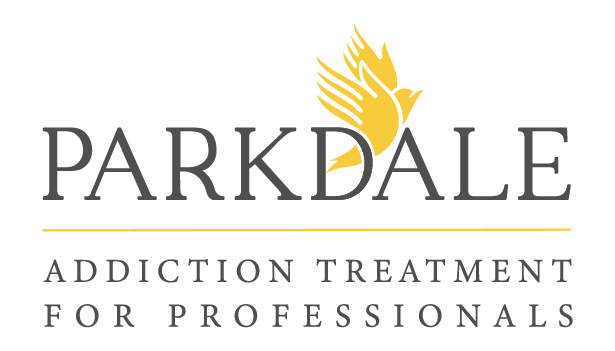By: Ethan Bickelhaupt
The diversion of controlled substances from healthcare facilities is an elephant-in-the-room type of problem that no one likes to discuss. The sad fact is that most hospitals and other facilities do not recognize that they have a diversion problem until something tragic happens. A quick internet search will turn up dozens, if not hundreds, of articles picked up by the media regarding nurse, physician and pharmacist overdoses that were facilitated by medications stolen from the workplace. These professionals were suffering from the disease of addiction and their disease continued to progress right under the nose of hospital administrators until it was too late.
It is known that at least 10-15% of the general public has a problem with substance abuse. Healthcare workers, especially pharmacists and anesthesia providers, are known to be at an even higher risk for several reasons. Even using the lowest possible estimate, if 10% of a healthcare facility’s staff has an problem with addiction and controlled substances are readily available, it is an obvious statement of fact to conclude that diversion occurs at a significant rate. In a recent study of over 9,000 heroin addicts, 75% admitted that their problem started after becoming addicted to legally prescribed pain medication. They turned to heroin only after they were unable to continue using prescription drugs. In a healthcare setting, controlled substances are readily available, diversion is *easy* without sufficient controls and accountability in place, and the result is that healthcare workers turn to diversion from the workplace. But why would a healthcare professional resort to stealing medications from work?
Healthcare professionals, like other Highly Accountable Professionals, have a significant amount of time, money, education and pride invested in their chosen profession. They often are the primary source of income for their family and have jobs that are high-stress, high-responsibility and provide immediate access to highly addictive controlled substances. Professionals with substance abuse problems are described as highly intelligent, typically graduate in the top 25% of their class, are highly respected by their peers and are often the last ones that would be suspected of having a problem. This means that these individuals are often reluctant and unlikely to seek help for substance abuse until it is too late, for fear of significant consequences. Job loss, legal and licensure issues, financial difficulties, loss of respect and a loss of identity are all factors cited by professionals as reasons to not seek treatment. With so much riding on their career, professionals that become addicted to a legal prescription often feel they have nowhere to turn. Rather than risk a loss of their livelihood by seeking professional help, they will attempt to quit on their own, only to find out it simply isn’t possible. They become trapped, cut off from their legal prescriptions, fearful of seeking treatment with access to controlled substances taken from work. As a result, the diversion and substance abuse often continues until ending in tragedy.
One significant mistake made by healthcare administrators is to believe that just because a problem isn’t obvious or noticed must mean it doesn’t exist. Administrators frequently overlook the signs, symptoms and evidence of drug diversion simply because they do not have the appropriate accountability and monitoring procedures in place. 70% of healthcare workers surveyed have stated that they believe the control systems at their facility are inadequate. Professionals with a substance abuse problem report 75% of the time that they believe other co-workers knew of their problem but didn’t report them. The simple fact is that this is a known problem occurring in nearly every healthcare facility across the country, but little is being done to systematically address the issue. As a result, diversion will continue until something tragic occurs and the hospital ends up with a public relations and insurance nightmare and the addicted professional, if they survive, loses everything.
So what can be done?
Parkdale Center can help healthcare facilities develop comprehensive policies and procedures to prevent diversion, investigate suspected diversion, satisfy legal and regulatory reporting requirements and compassionately treat the addicted professional. Our all-star team has experience and credentials in anesthesia, pharmacy, healthcare administration, nursing, addiction medicine and diversion investigation. We will work with your facility to comprehensively address the issue of diversion from the ground up to keep your facility, your patients and your staff safe. No one in the industry has the ability or experience to address this significant issue on the same scope or scale as Parkdale’s staff. Give us a call today to find out more about our Diversion Prevention Program. Let us help your facility identify gaps in practice, perform risk management as it relates to diversion and implement changes to protect your facility as a whole. We can help.


